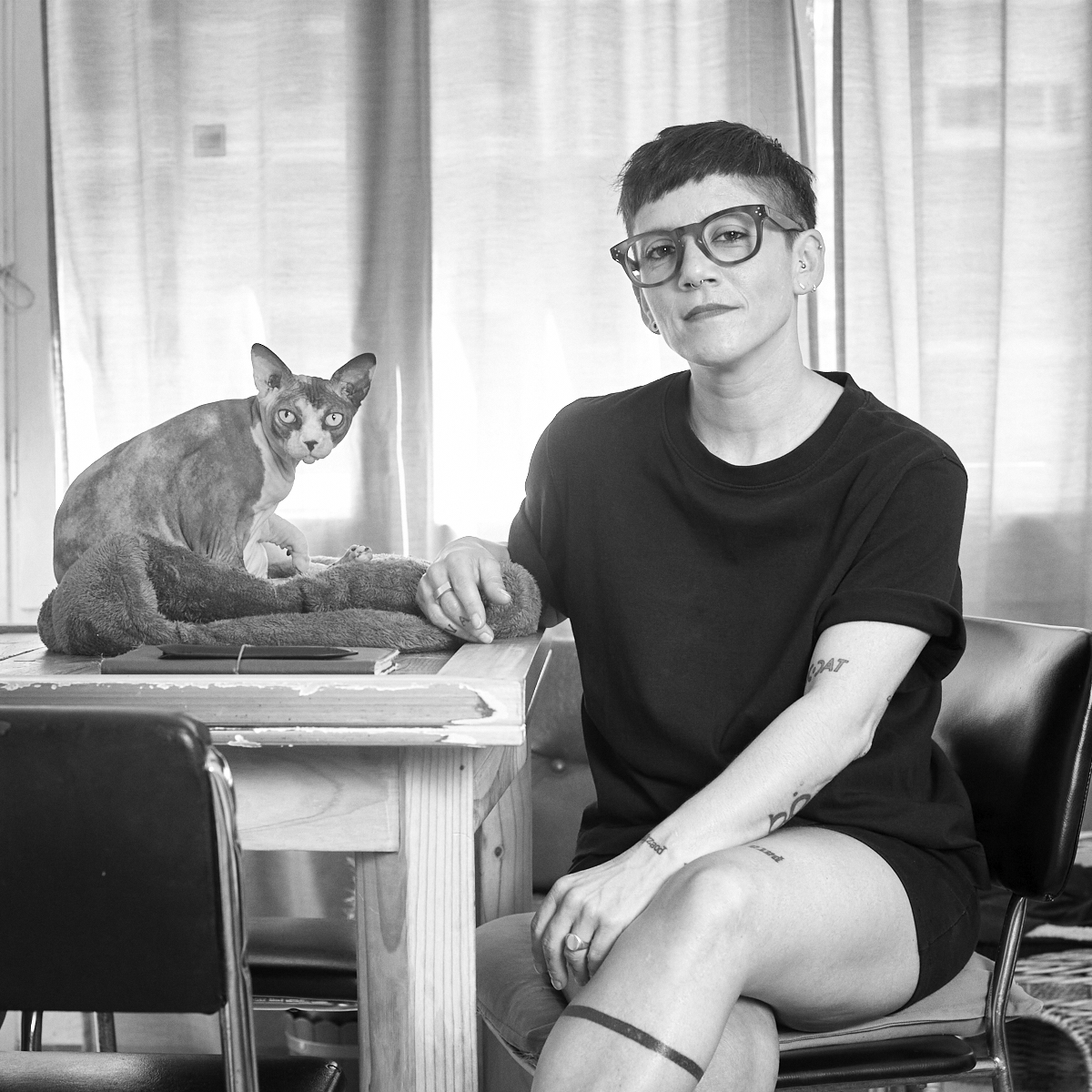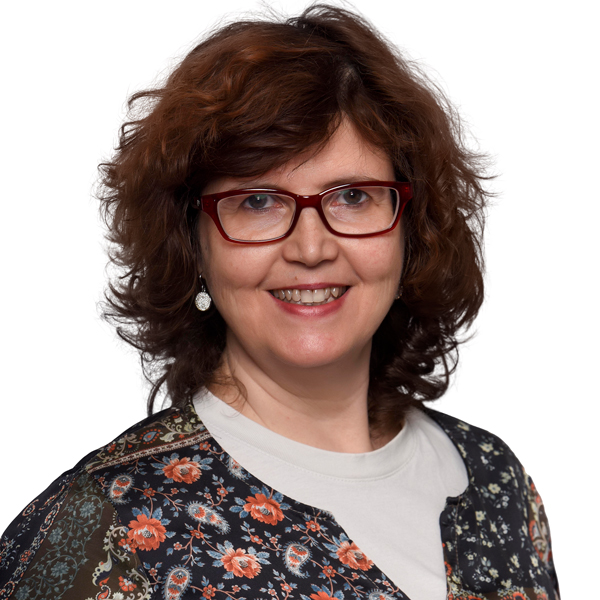179 students have published final projects relating to gender studies in the UOC's O2 repository
Subject: Multidisciplinary
These are projects that invite us to reread history, rethink contemporary music or reconsider the way we understand urban planning and housing, all from a gender perspective
Anyone can read the final projects in this open access collection
International Women's Day is coming up on 8 March, serving once again as a call to action in the struggle for gender equality. It also seems like the right time to highlight the UOC's collection of final projects on gender studies, which has grown to include 179 items. The projects in this collection adopt a variety of perspectives to deal with issues in the realm of women's studies, men's studies, feminism in all its forms, and the LGBTQI+ community. Anyone who's interested can check them out in the UOC's institutional repository.
The collection showcases the contributions being made by UOC students to include the gender perspective in their respective academic fields. Some of the authors have let us in on what their project is about, where they drew motivation from and how they approached the challenge:
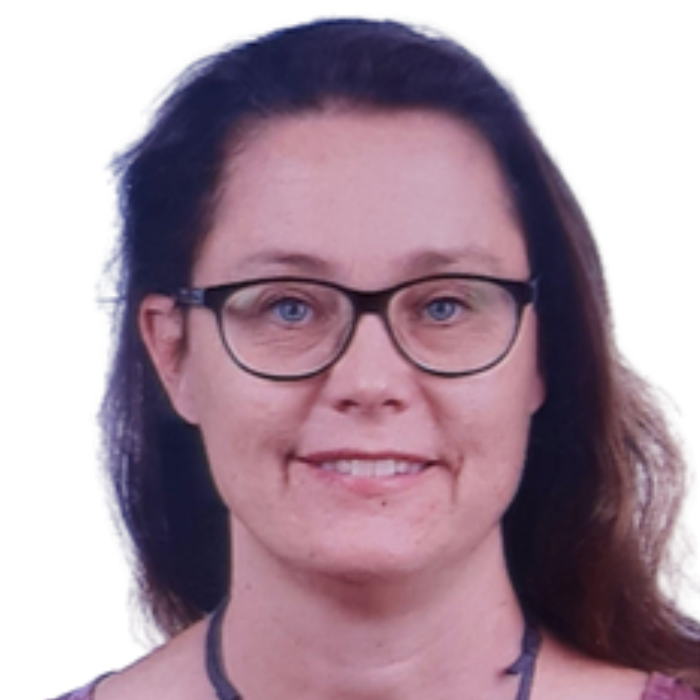
Victòria Cervera Botinas
Joint Bachelor's Degree in Anthropology and Human Evolution (URV, UOC)
Victòria Cervera said the idea for her final project came to her while she was reading a classroom learning resource, an article about the Viking tomb of Birka, discovered in Sweden in the 19th century. For many years, the skeleton found inside was believed to be of a male warrior because of the weapons buried with it. However, in 2017, an investigation using genetic analysis concluded that the body had in fact belonged to a woman. "I was shocked that the female warrior's history had been read as if she were a man, but after my research I understood," said Cervera.
That's what prompted Cervera to focus her bachelor's degree final project on stereotypes rooted in history that have influenced the interpretation of archaeological discoveries. "I deconstructed the gender stereotypes we have from prehistory, giving women back the importance they had in the past." An example of this is the view of gender roles: men hunt, women gather; men procure food, women process and cook it. Cervera analysed scientific papers that apply a gender perspective in order to reread history.
"My main goal was to carry out a critical analysis, from a feminist perspective, of a project I'm involved in, so that it could be useful for other similar experiences," said Almudena Sánchez. The project she's referring to is Entrepatios, a housing cooperative (or cohousing community) in the city of Madrid that seeks to overcome property speculation and promote sustainability and community among neighbours. The properties are owned by the cooperative and the members are entitled to use the housing in exchange for a fee. It is the residents themselves who design the building, combining individual or family spaces with other shared areas.
Sánchez argued that the layout of domestic and urban space is not neutral and reproduces gender inequalities, which is why she examines how to bring a feminist perspective to cohousing projects. According to her, this perspective "is vital to understanding the capitalist, colonial and patriarchal context we live in".
"I got a lot out of the library guide on feminist urbanism because it includes key texts on feminist geography."
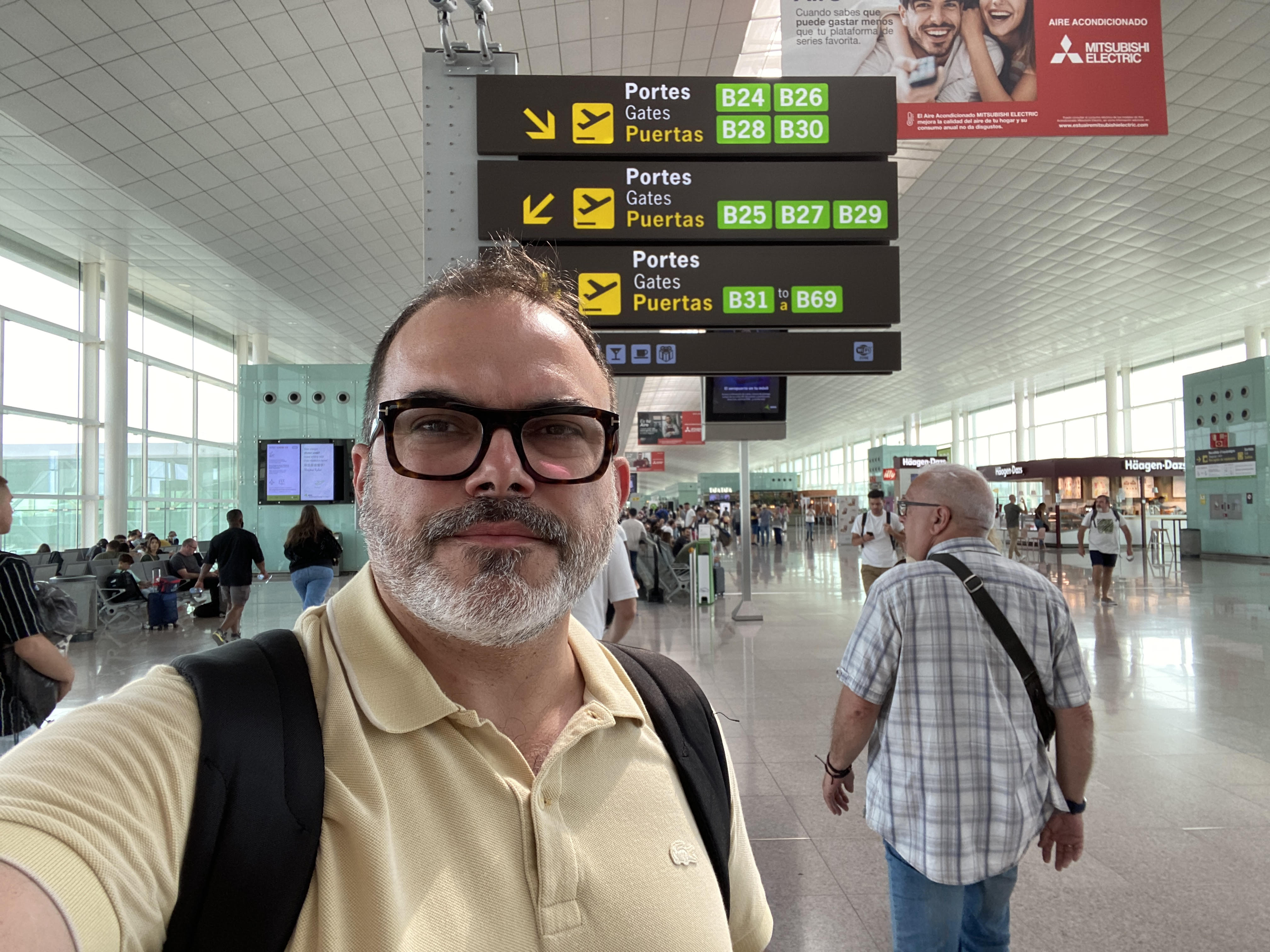
While taking courses for the UOC's Online MBA and, later, for the Bachelor's Degree in Economics, Pedro de Castro was introduced to the work of Professor Branko Milanović, who is renowned for his research on economic inequality. This came in addition to his interest in the workings of the labour market and its interrelations with the economy: "I knew I would do my bachelor's degree final project on a topic that I liked, something current, with the aim of contributing a bit of new knowledge".
With this project, de Castro hoped to shed light on how COVID-19 was affecting inequality, inequity – especially among women, migrants and young people – and the distribution of income in Spain. He also sought to gauge the impact of the pandemic on the economy, unemployment, changes in the regional labour market, and the effect of mechanisms such as the temporary redundancy plan on inequality.
Pedro de Castro is now on the home stretch to completing the UOC's University Master's Degree in Economic Analysis.
"For my bachelor's degree final project, the UOC Library was instrumental in consulting specific papers on the labour market by professors such as Felgueroso, Aspachs and the others I mentioned, like Milanović and Stiglitz."
"My goal was to highlight prejudices related to music and the women who create it," explained Alicia García, author of this master's degree final project. Her motivation for choosing this topic came while working as a gender consultant and equality officer for a German music software company. It was during that time that she become acquainted with trap and put aside her own prejudices about the music genre. "I actually discovered that it's mostly about inclusive and queer environments and that it's the rest of society, the part that doesn't follow these trends and despises them, that holds prejudices, thinking 'this is not music'."
Her final project explores the communication strategy of trap queens, what ideologies, values, iconography and representations they express, what motivates them and how all this connects with a baseline of intersectional feminism. For her project, García conducted six interviews with women involved in the scene, singers and music journalists, and analysed their responses. Curiously, trap is not only the topic of her project, but permeates the entire thing, as can be seen, for example, in the use of trap slang in all the titles.
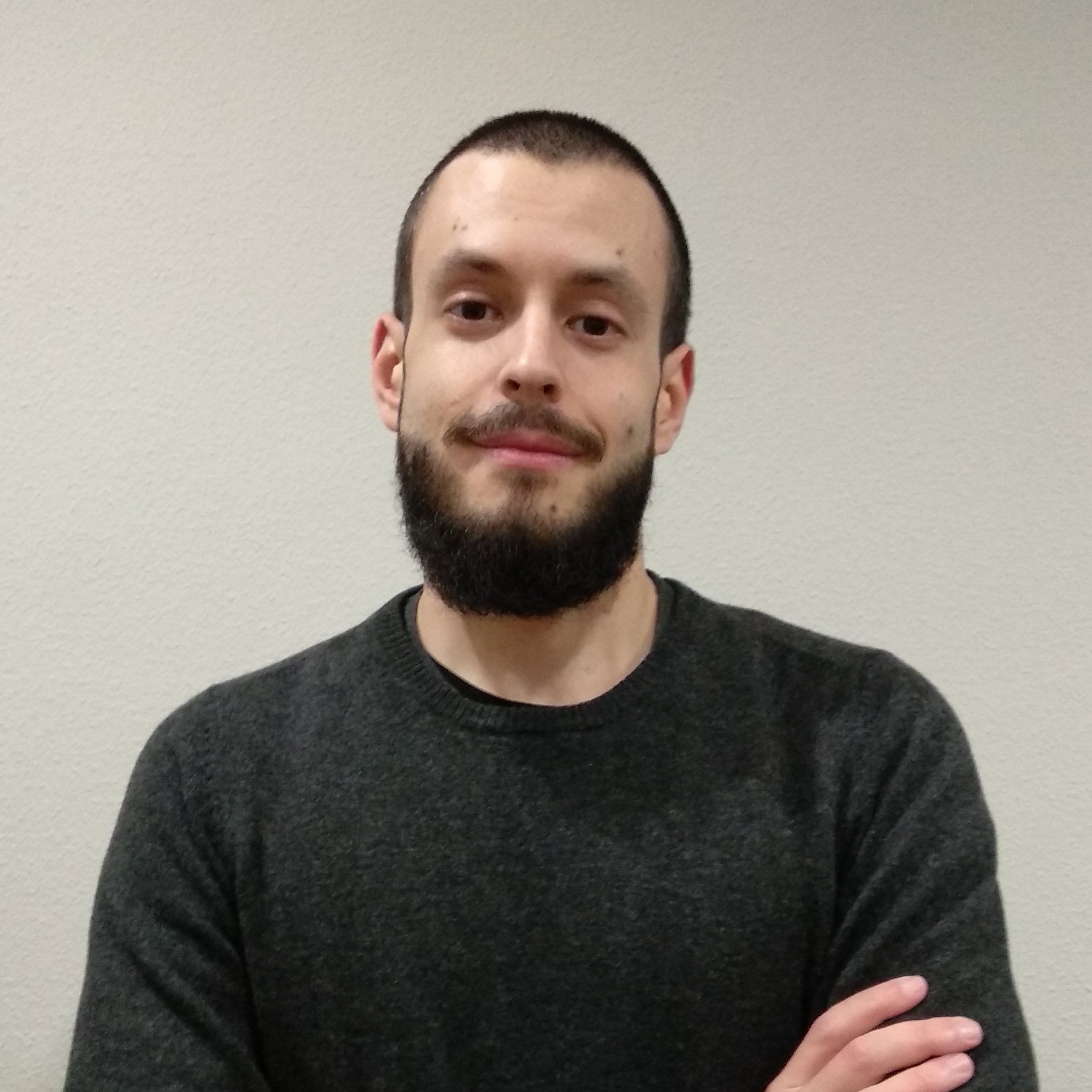
Aarón Puche Benedito
University Master's Degree in Data Science
In his master's degree final project, Aarón Puche dealt with social media analysis, a topic that had always sparked his interest, but which he had not explored in depth until now. He decided to delve into the topic with a focus on International Women's Day 2022: "at the start of COVID-19, the 8 March demonstration was aggressively blamed for the spread of the virus, which made an impact on social media." Moreover, two years into the pandemic, on 8 March 2022, demonstrations and rallies were once again organized to mark this yearly event.
With his master's degree final project, Puche sought to ascertain whether there was a polarization of opinions or hate speech on Twitter towards the women participating in the 8 March event, and whether the demonstration was associated with the spread of COVID-19. He compiled tweets using the most commonly used hashtags and analysed the results: "after processing these data by means of network analysis and grouping the messages by related communities, I used what I had learned in Sentiment and Text Analysis to identify the main theme of each of these groups. Then, drawing from the article 'Eso no me lo dices en la calle. Análisis del discurso del odio contra las mujeres en Twitter' [You wouldn't say that to me in person. Analysing hate speech against women on Twitter], I analysed the hate speech"
"I used the Library throughout the master's degree for various assignments and I found it especially useful for the master's degree final project. I found most of my references there."
The gender studies final degree project collection
The collection was started in 2021 under the UOC's 2020-2024 Equality Plan to make the university's learning on gender matters available to all, thereby promoting and raising awareness of gender equality in content produced in research and knowledge transfer activities.
Almost half the final projects in the collection were done by master's degree students (46%), and the remainder were done by bachelor's degree students (54%); 82% of the total were produced by women. The collection has projects from various different fields of study, but those with most are the Faculty of Arts and Humanities (71 projects) and the Faculty of Psychology and Education Sciences (35 projects).
If your final project addresses a topic relating to gender studies, you can publish it yourself in the O2 repository following this publication guide once you've received confirmation from the teaching staff on your programme. You will need to include the keywords "Gender studies", "Estudis de gènere" or "Estudios de género".
Experts
Mireia Castillón
Operative subgroup: Law and Political Science resource manager, vocational training, gender perspective Operative group: Library for Learning



